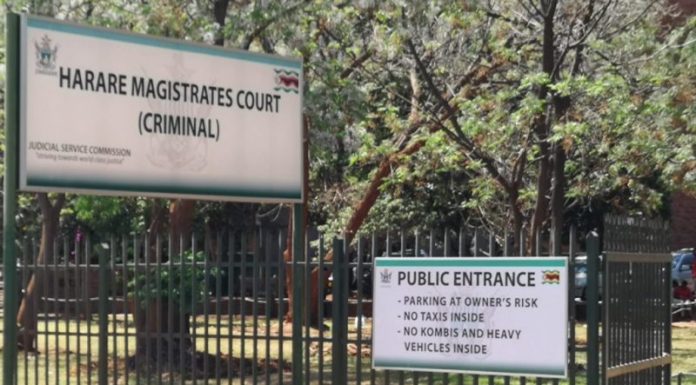Farai Mabeza
Government has dangled a carrot to potential investors in the renewable energy sector by giving tax breaks as well as awarding national project status for such ventures.
This is contained in the new energy policy that was launched by launched by President Emmerson Mnangagwa.
According to the policy document, these incentives are designed to address the concerns of investors and developers and improve the sentiment in the sector.
Awarding national project status to the renewable energy projects will enable them to be exempted from customs and general excise regulations.
“This will allow the developers to import certain RE (renewable energy) systems used in the general plants at competitive rates. The incentives under national project status are guided by the following legislation; Finance Act, Income Tax Act, Value Added Tax Act and Value Added Tax Regulations and Customs and Excise Duty Act and Customs and Excise General Regulations,” the policy says.
Tax holidays stipulated in the Finance Act of 2018 as well as duty free status for solar projects stipulated in SI 147 OF 2010 and SI 6 of 2016 with subsequent amendments shall apply for renewable energy projects.
“Investors will pay 0% tax for the first five years and then 15 % thereafter but we are in consultation with the Ministry of Finance and Economic Development to reduce this,” Minister of Energy and Power Development, Fortune Chasi, said at the launch.
The policy wants to ensure the reduction of licensing timelines for generation, transmission and distribution of renewable energy and promote local manufacturing of technologies in the sector.
“Local manufacturing of RE systems and devices will not only spur growth in the energy sector, but will also ensure a robust supply chain and generate employment opportunities for the workforce of the country,” the policy says.
A clean energy fund called the Green Energy Fund of Zimbabwe shall be set up to extend financial assistance for setting up projects relating to new and renewable sources of energy and other sustainable energy projects.
The renewable energy policy was launched concurrently with the Biofuels Policy of Zimbabwe which provides a policy framework for the production and use of liquid biofuels in the transport sector.
Biofuel costs in Zimbabwe are comparatively high and the Energy Ministry said this was due to high energy inputs which can account for as much as 20 percent of operating costs and capital costs.
President Mnangagwa said the two policies would help Zimbabwe reduce its carbon footprint and plug the energy deficit on the country. He blamed the now daily fuel shortages on speculative behaviour in the market.
“We have been experiencing intermittent and limited supply of petroleum products. These challenges coupled with instability in the pricing of petroleum commodities and speculative tendencies in that field by retailers and consumers has seen us witnessing disturbing fuel queues which waste productive time,” President Mnangagwa said.
“These two policies will help government to ensure energy security in our country, increase investments are welcome in the renewable energy sub-sector as we embrace the vast opportunities offered by renewable energy technologies,” he added.










